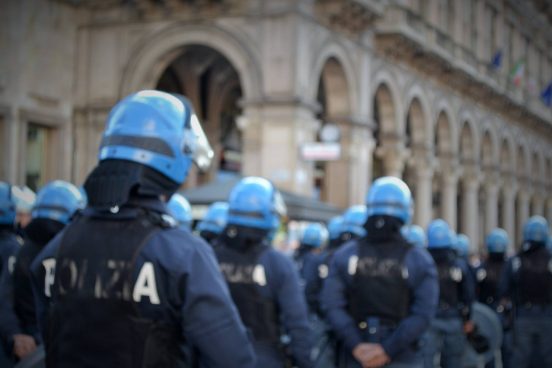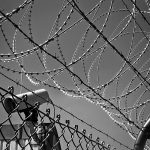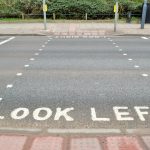Out of all the readings I’ve read for this course, one stuck out to me the most: Kenneth Waltz’s Why Iran Should Get the Bomb: Nuclear Balancing Would Mean Stability.
In this article, Waltz argues that more countries should own nuclear weapons to create a balance of power in international relations. In other words, he promotes the idea that owning nuclear weapons would stabilize global relations and reduce the risk of war between nation-states.
According to Waltz (2012): “By reducing imbalances in military power, new nuclear states generally produce more regional and international stability, not less” (p. 3).
“Power … begs to be balanced” (p. 3).
I’m not convinced by Waltz’s argument.
The first statement that irked me was Waltz claiming that countries cannot transfer nuclear weapons without the U.S. finding out and stopping them. He quotes the following: “… no country could transfer nuclear weapons without running a high risk of being found out. U.S. surveillance capabilities would post a serious obstacle, as would the United States’ impressive and growing ability to identify the source of fissile material” (p. 4).
It almost sounds contradictory: if the United States has the ‘impressive and growing ability‘ (p. 4) to identify countries transferring nuclear weapons… why don’t they stop them? Nuclear arsenals are extremely dangerous and pose a serious threat to humanity, so why would we encourage other countries to have access to nuclear weapons if the U.S. boasts its ability to hunt them down?
Further into the article, Waltz tackles an objection that if one country gets access to nuclear weapons, “other states in the region will follow suit” (p. 5). He argues this, saying there has not been nuclear proliferation since the 1970s, so “there is no reason to expect that this pattern will change now” (p. 5).
But won’t allowing nuclear weapons to be more accessible and permitted give countries an incentive to want more nuclear bombs? Won’t this proposal change the pattern he mentions above?
“When Israel acquired the bomb in the 1960s, it was at war with many of its neighbours […] if an atomic Israel did not trigger an arms race then, there is no reasons a nuclear Iran should now.” (p. 5)
I’m also not convinced by this argument because it assumes all nation-states will have the same relations it had with other nation-states in the past. Moreover, it suggests that all nation-state leaders will act rationally with other leaders. President Trump, for example, constantly changes his foreign policies by changing his political allies and enemies, describing he has stronger relations with ideological contrasting countries such as Russia, while he distances his country from long-time political and economic allies, such as Canada. This means that building more nuclear weaponry is more than just knowing it will stabilize power; we need to consider who the leaders in charge of these nuclear weapons are, and how their relations can change with other leaders who will be affected by these arsenals (in Waltz’s case, and the realists case, other leaders means all nation-states leaders). Waltz assumes that states will use nuclear weapons as a psychological force to stabilize the balance of power rather than a physical one, but what if nuclear weapons fall into irresponsible hands? It’s a risk that’s too high to allow the development of more nuclear weapons. By this argument, Waltz suggests that building more nuclear weapons is the best option because he assumes that states will never have good relations. What happens when two states grow diplomatically and have better political or/and economic relations? What will they do with their nuclear weapons?
A final quote from Waltz I’d like to analyze is the following:
“Where nuclear capabilities emerge, so, too does stability. When it comes to nuclear weapons, now as ever, more may be better” (p. 5)
From what we learned in class, I can see that an increase in nuclear weapons increases security, which means more countries will also experience heightened security (the security dilemma), which signals less trust in other countries; this means countries won’t have the means to invest or reach out to other countries, thus fuelling a tense international atmosphere, waiting for conflict to arise. I don’t see this as a proper way of dealing with nuclear weapons, let alone dealing with other nation-states. Having numerous nuclear arsenals may promote stability, but the tension of having them everywhere would leave no ‘breathing room’ for peace. It almost seems dystopian thinking about it!
Overall, this article helped me understand a realists point of view in the debate on nuclear proliferation. Reading Waltz’s article was very engaging, but I’d like to read more about the topic to see if Waltz or other neorealists have answers to the questions I mentioned above. Plus reading more would help me critically assess other perspectives of this issue.
Source: Kenneth Waltz (2012) “Why Iran should get the bomb,” Foreign Affairs, 91(4): 2-5


